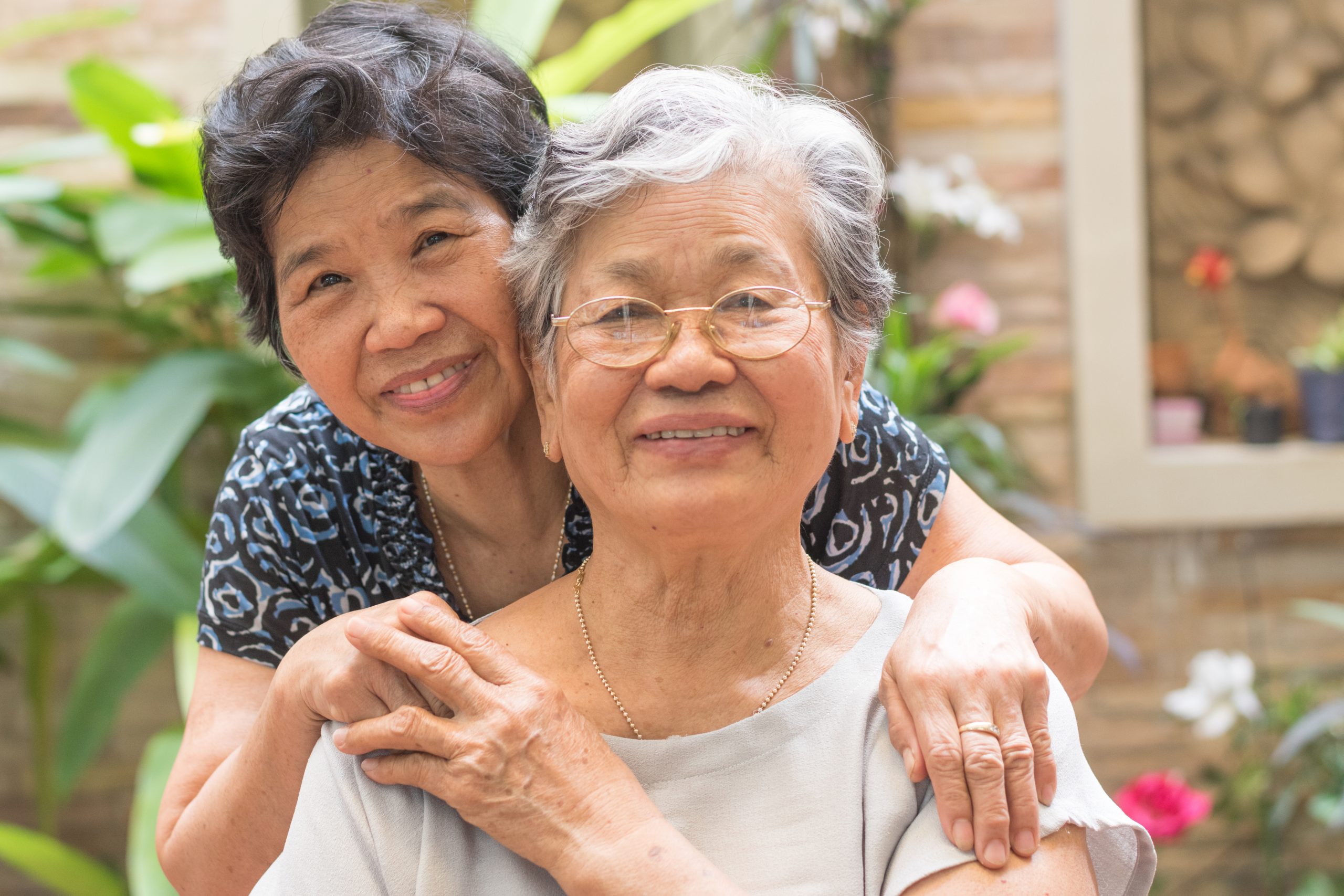Respect Your Elders: How Seniors Contribute to a Better World

Respect Your Elders: How Seniors Contribute to a Better World
As media reports often remind us, Canada’s population is aging – already, seniors outnumber children in this country, and seniors are also the fastest-growing demographic.
These facts are often accompanied by hand-wringing over how much it will cost taxpayers to support seniors’ health care and pensions in the decades to come. This is but one example of how seniors are stereotyped as a burden to society – a widely held belief that has a serious negative impact. A recent report from the World Health Organization stated that one in two people holds ageist attitudes that lead to poorer health, greater isolation and reduced quality of life for older persons.
Seniors do have high health-care and social-service needs, but what’s often lost in the conversation is how much seniors contribute to society. For instance, did you know that 1.5 million of Canada’s nearly eight million caregivers are 65 or older?
Here’s a snapshot of how older adults give back to society and make our world a better place:
Caregiving: Canada has many older caregivers. Nearly a quarter of people aged 65 or older provide help or care to family members and friends with a long-term health condition, a disability or problems related to aging, according to Statistics Canada. Seniors are most likely to provide care for a spouse or partner, followed by caring for a friend, neighbour or colleague, a parent or another family member. The most commonly reported conditions for which seniors provide care are aging/frailty, cancer, Alzheimer’s disease or dementia, cardiovascular disease and mental illness. More than a quarter of senior caregivers say their health as suffered as a result of their caregiving responsibilities.
Child care: Canada has 7.5 million grandparents, the highest number ever. They have fewer grandchildren than in generations past, but their relationships with grandkids are longer and richer. Some grandparents share a household with their children and grandchildren. In “skip-generation” households, grandparents are the primary caregivers for grandkids, with no middle generation – in 2016, over 30,000 children lived only with grandparents.
Volunteering: Prior to the pandemic, older adults who volunteered contributed the most hours per person, on average: in 2018, it was over 130 hours. Among other benefits, local volunteerism helps communities build resilience and manage risk in a crisis. Seniors get a lot out of volunteering, too, including community engagement, life-long learning, and better physical and mental health.
Sharing knowledge: Seniors have a wealth of knowledge and lived experience, making them valuable mentors and teachers. After retiring from full-time work, many older adults continue to contribute through volunteering on committees and board, providing consulting services or mentoring younger people. These activities can also give retirees a sense of purpose as they navigate life after work.
Charitable donations: Seniors are a generous bunch – per person, they give more money to charities than other age groups. In 2018, seniors donated nearly $10 billion, up nearly 4% from the previous year, and those figures don’t include other donations not claimed on tax returns. Seniors contribute financially in other ways, too, supporting children or grandchildren either by sharing their homes or providing funds. And, of course, let’s not forget the vast sums of taxes that seniors have paid over their lifetime, contributing to society at large.
What have you learned from the seniors in your life?
Bayshore Home Health offers a wide range of home care services to help Canadians live independently for as long as possible. Contact us at 1-877-289-3997 for details.
